As technology races ahead with AI, voice recognition, and machine translation making impressive strides, it’s fair to ask: Will the need for human translation ever go away?
At UNO Translations, we understand this question comes up often. But the answer is clear: translation will remain not only relevant, but essential for the foreseeable future. And here’s why.
1. Language Is More Than Words
Translation isn’t just about substituting one word for another. It’s about meaning, nuance, emotion, and culture. A phrase in one language may carry humor, respect, or urgency, but translated literally, it could lose its power or even cause offense.
Professional translators know how to:
- Interpret tone and context
- Adapt idioms and cultural references
- Consider regional differences and sensitivities
- Preserve the intent behind a message
This kind of understanding is something machines still struggle to master.
2. Accuracy Matters, Especially in High-Stakes Situations
In fields like healthcare, law, finance, and education, a mistranslation can lead to serious consequences. Misinterpreting a medical instruction, a legal clause, or a financial agreement isn’t just inconvenient—it can be dangerous or costly.
That’s why certified human translators are still required by courts, hospitals, and agencies around the world. Our team at UNO Translations includes professionals with deep expertise in these sectors, ensuring both technical precision and cultural clarity.
3. Technology Has Limits
Yes, machine translation tools like Google Translate and AI-powered platforms can be useful for everyday tasks or casual conversations. But these systems:
- Struggle with complex grammar
- Miss tone, humor, and figurative language
- Often can’t distinguish between homonyms or context-specific words
- Rely on data that may not reflect current events or localized norms
For business communication, marketing, customer service, or legal documentation, automated tools simply aren’t reliable enough.
UNO Translations often steps in to correct errors made by machine translations. In fact, we’re frequently called upon to retranslate entire projects that fell short because of over-reliance on automation.
4. Globalization Isn’t Slowing Down
As the world becomes more interconnected, the demand for multilingual communication continues to rise. Companies are expanding to new regions. Nonprofits are serving more diverse populations. Government agencies are making services accessible to all.
This growth requires language support, not just literal translation, but strategic localization as well. At UNO Translations, we don’t just translate words; we adapt messages to help them resonate across cultures globally.
5. Inclusivity Requires Language Access
Inclusion is not a trend—it’s a necessity. Ensuring that people with different linguistic backgrounds can access services, resources, and opportunities is a matter of equity.
From subtitle creation and sign language interpretation to document translation and cultural consulting, translation services make participation possible for those who would otherwise be left out.
So, Will the Need for Translation Ever Go Away?
Not likely. While technology may enhance the speed or accessibility of some language services, human translation will remain a cornerstone of global communication. It’s not just about converting words, it’s about building trust, removing barriers, and making connections possible.
UNO Translations is proud to stand at the intersection of language and meaning. Whether you’re navigating a legal contract, launching an international campaign, or publishing educational materials, we’re here to ensure your message lands exactly as it was intended.
Let’s keep the world connected, one word at a time.
